Everyday Things That Can Harm Your Liver
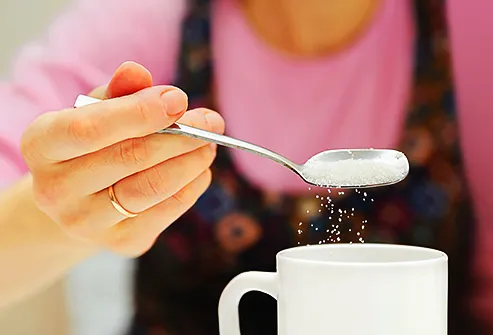
Too much sugar isn’t just bad for your teeth. It can harm your liver, too. The organ uses one type of sugar, called fructose, to make fat. Too much refined sugar and high-fructose corn syrup causes a fatty buildup that can lead to liver disease. Some studies show that sugar can be as damaging to the liver as alcohol, even if you’re not overweight. It’s one more reason to limit foods with added sugars, such as soda, pastries, and candy.
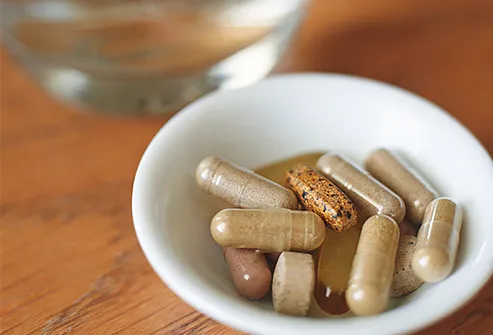
Even if the label says “natural,” it may not be OK for you. For instance, some people take an herb called kava kava for menopause symptoms or to help them relax. But studies show that it can keep the liver from working right. That can lead to hepatitis and liver failure. Some countries have banned or restricted the herb, but it’s still available in the U.S. You should always talk to your doctor before you take any herbs to make sure they’re safe.
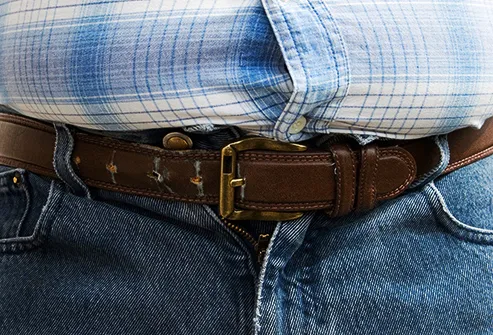
The extra fat can build up in your liver cells and lead to non-alcoholic fatty liver disease (NAFLD). As a result, your liver may swell. Over time, it can harden and scar liver tissue (doctors call this cirrhosis). You are more likely to get NAFLD if you are overweight or obese, middle-aged, or have diabetes. You may be able to turn things around. Diet and exercise can stop the disease.
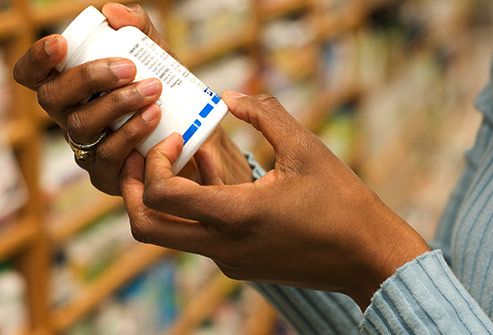
Your body needs vitamin A, and it’s fine to get it from plants such as fresh fruits and vegetables, especially those that are red, orange, and yellow. But if you take supplements that have high doses of vitamin A, that can be a problem for your liver. Check with your doctor before you take any extra vitamin A because you probably don’t need it.
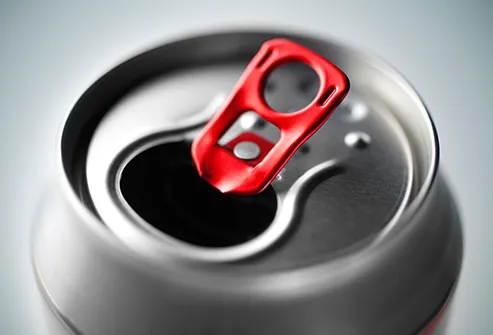
Research shows that people who drink a lot of soft drinks are more likely to have non-alcoholic fatty liver disease (NAFLD). Studies don’t prove that the drinks were the cause. But if you down a lot of sodas and have been meaning to cut back, this could be a good reason to switch what you sip.
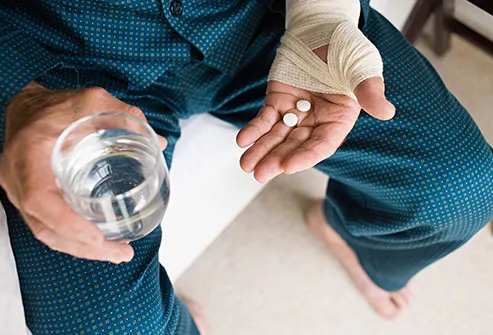
You’ve got a sore back, or a headache, or a cold, and you reach for a pain reliever. Be sure to take the right amount! If you accidentally take too much of anything that has acetaminophen -- for instance, a pill for your headache and something else for your cold, and both have acetaminophen in it -- it can harm your liver. Check the dose and how much is OK to take in one day. Stick to those limits, and you should be fine.

Trans fats are a man-made fat in some packaged foods and baked goods. (You’ll see them listed as “partially hydrogenated” ingredients). A diet high in trans fats makes you more likely to gain weight. That’s not good for your liver. Check the ingredients list. Even if it says “0” grams of trans fat, it may still have a small amount, and that adds up.
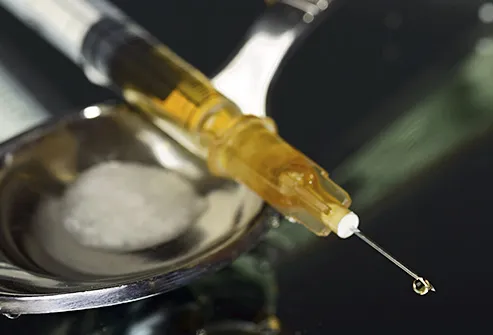
A doctor or nurse gets nicked by a needle they’ve used on a patient. Or people injecting illegal drugs share a needle. The needle isn’t the problem. It’s what’s on it. Hepatitis C can spread through blood. Even if it only happened once, or you’re at high risk for other reasons (like if you have HIV or your mom had hepatitis C while pregnant with you), you should get tested. So should everyone born from 1945 through 1965.

You probably already know that drinking too much is bad for your liver. But you might not realize that “too much” can happen without you being an alcoholic or addicted to alcohol. It’s easy to drink more than you think. Many glasses can hold a lot more than one standard serving, which is 5 ounces of wine (that’s a little more than half a cup), 12 ounces of regular beer, or 1.5 ounces of liquor. If you drink, be sure to keep it moderate -- that’s one drink a day for women and up to 2 per day for men.